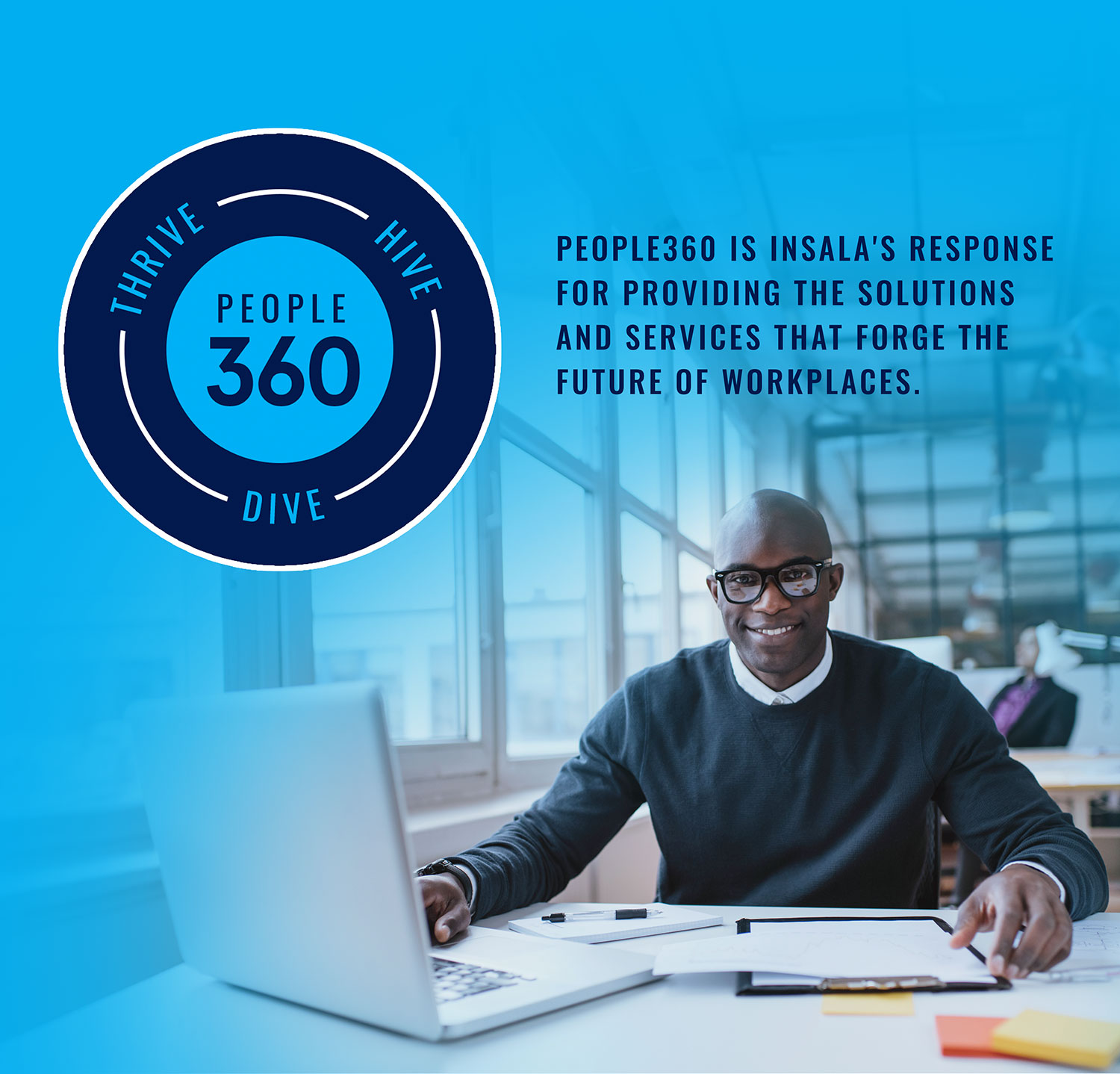How To Find The Right Mentor For You
How To Find The Right Mentor For You Having the guidance and ...
Read more
It's expected that the skills gap will affect nearly every organization. Recent research states that forty percent of organizations currently have skill gaps and within 10 years all but 13% of organizations expect to be in the same boat. What's the cause and how do we fix it?
There are a few causes of the skills gaps we see today. One being the advancement of technology. What we could only dream of a decade ago are reality and tech is only developing from here. The pandemic brought on many things, and one of them was an acceleration to the already rapidly growing technology space. We're hearing more about machine learning, AI, and the metaverse than even a few months ago.
Organizations have significant needs for soft skills including higher cognitive and social & emotional skills. This is driven by a shift in demand. Decades ago, companies needed workers who had specific hard skills. However, technological advances have made many jobs obsolete. Now organizations need innovators, problem solvers, communicators, and leaders.
There are two questions HR professionals want the answers to regarding the skills gap at their organization.
The best way to uncover skills gaps is through a skill gap analysis or learning needs analysis. By comparing the skills individuals have with the skills they need now or to be future ready, you can identify the needs of your workforce.
The most common ways organizations address their skills gaps are
Often, individuals are trained regularly within their departments to stay up to date with new trends in the industry or to adopt new processes or technology. However, your assessment may reveal that many of the skills individuals lack can be acquired through knowledge sharing within your organization.
Reskilling brings the most benefits to organizations and individuals. It is usually the most cost effective, too. 73% of employees report that their organization's reskilling efforts have improved their level of satisfaction. With results like that, many organizations develop internal talent development strategies to address their unique gaps.
Mentoring is the creation of a partnership between two people where the need for knowledge sharing is recognized. Mentors are an advisor to the mentee who seeks to develop their skills within their career. Sharing knowledge and experience goes both ways and the focus of the partnership can be on both hard and soft skills. The flexibility of mentoring makes it a great option for individualized skill development.
Additional Resources
eBook: How to Start a Mentoring Program
eBook: A Guide to Marketing Your Mentoring Program
webinar: Your 2022 Mentoring Strategy
blog: Facilitating Leadership Development through Management Mentoring
Judy is the Director of Consulting at People360®. She has over 38 years of experience providing customized human resources consulting services to medium to large organizations across a variety of industries. In the area of mentoring, Judy has designed and delivered workshops, training, and a complete mentoring methodology. Judy’s mentoring process is the foundation of People360® the mentoring solution we know today. Her thought leadership articles have been published in journals such as The Diversity Journal and Industrial and Commercial Training and she has spoken at many conferences throughout her career.

How To Find The Right Mentor For You Having the guidance and ...
Read more
How To Establish A Successful Corporate Mentoring Program
Read more
How Mentoring Is Helping Solve The Labor Shortage The labor shortage has become a pressing issue for businesses across industries, with ...
Read more
Now Is The Time To Start Your Mentoring Program In today's ...
Read more
7 Tips To Improve Your Corporate Mentoring Program Corporate ...
Read more

People360 is a pioneer and industry leader recognized by Global 1000 and Fortune 500 companies and associations internationally, for 28+ years as a leader in Career Management, Mentoring, Coaching, Career Transition, Alumni Software solutions and People Analytics.
© 2025 People360. All rights reserved. Privacy Policy